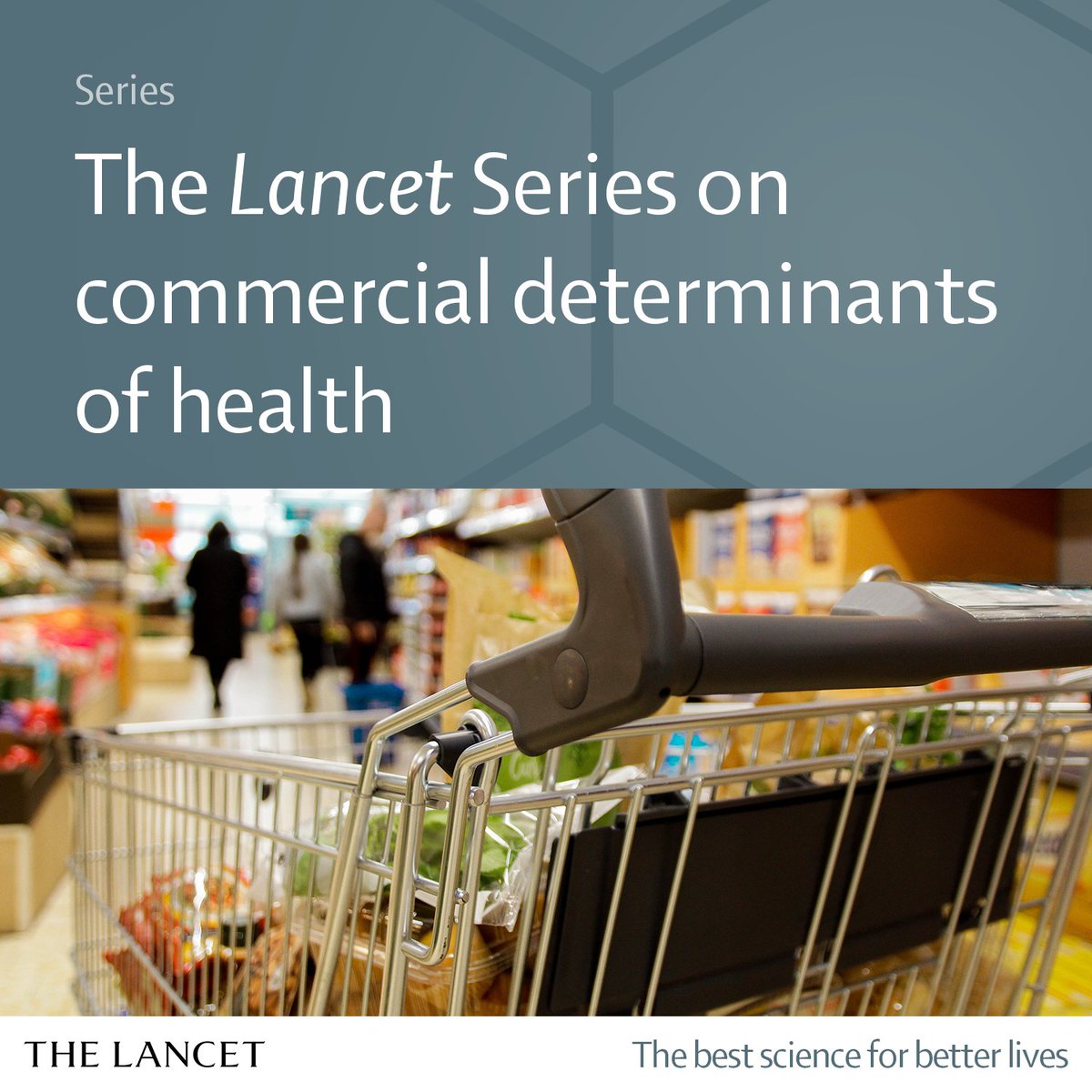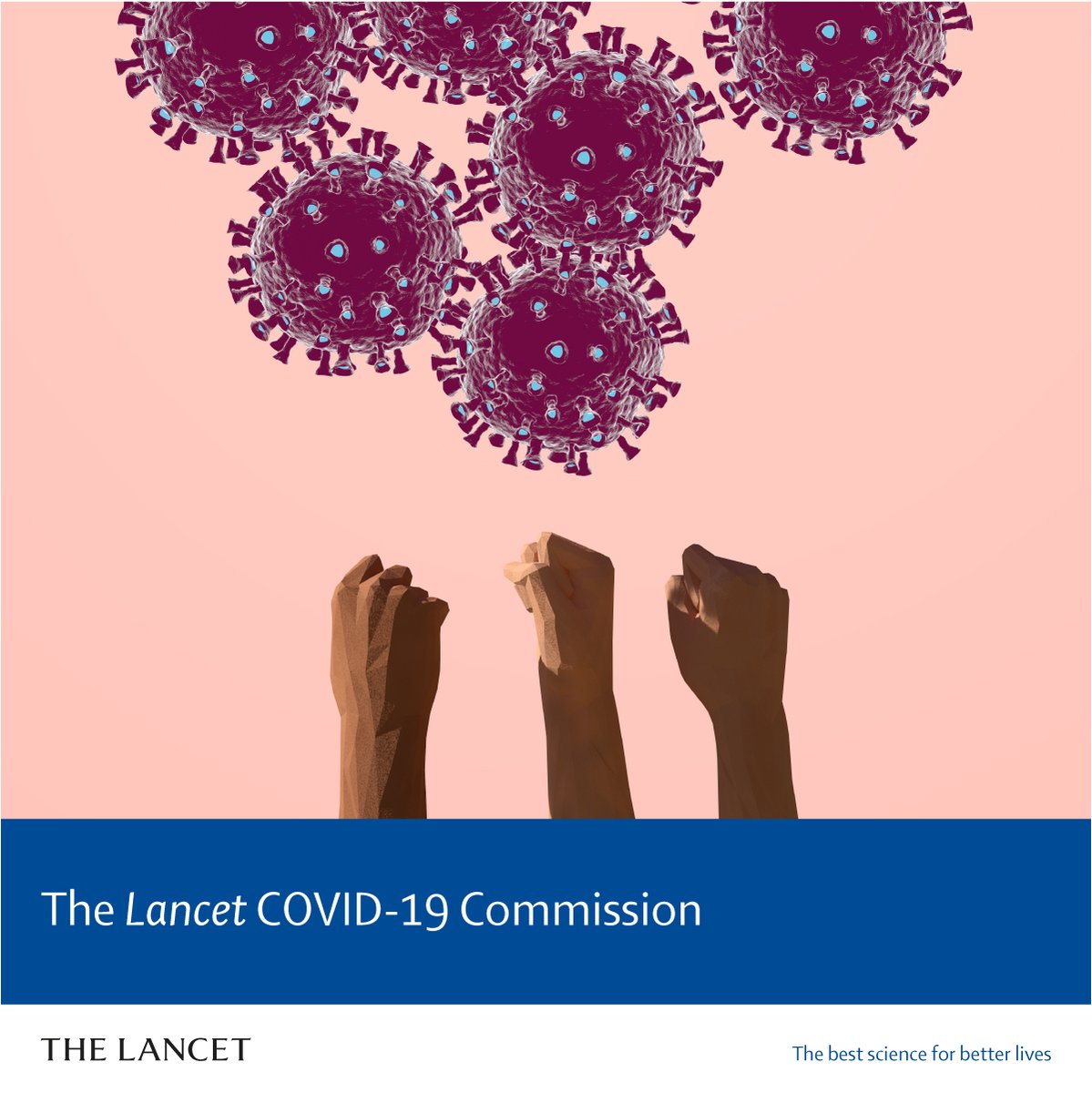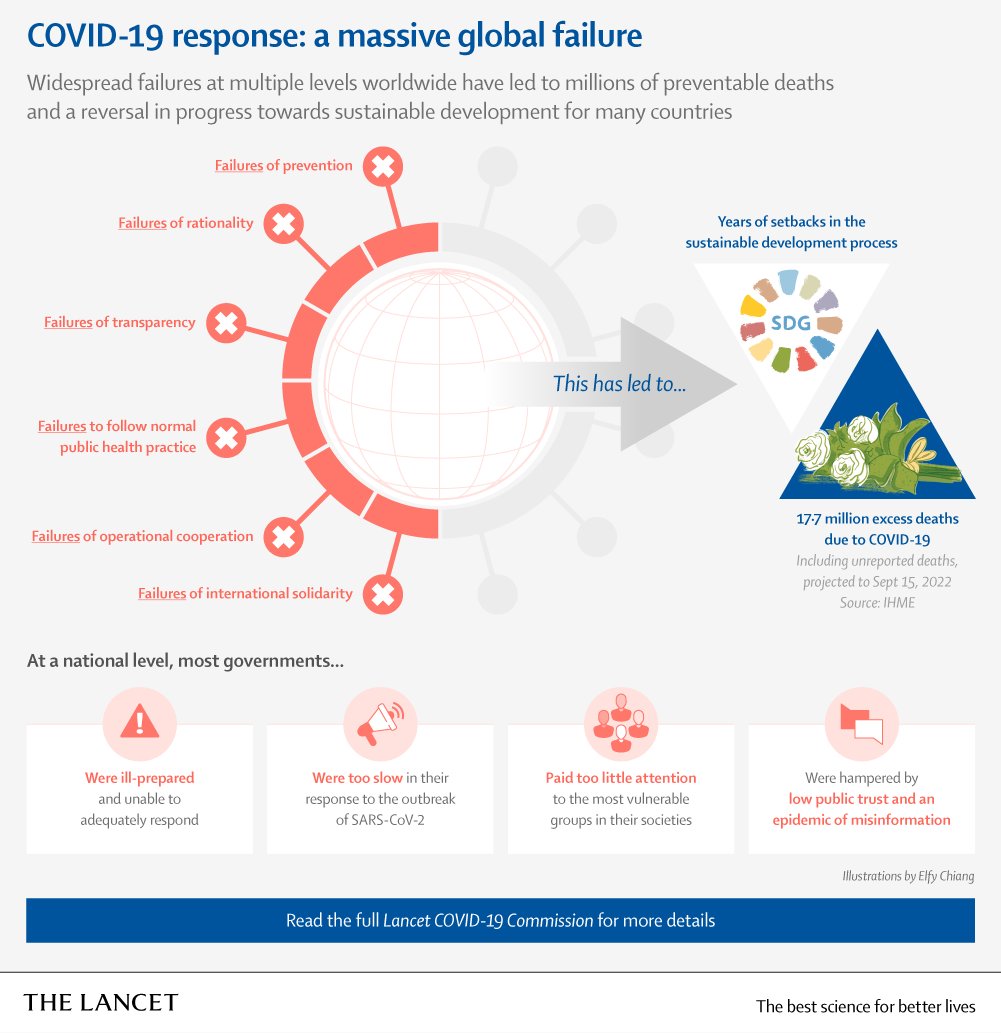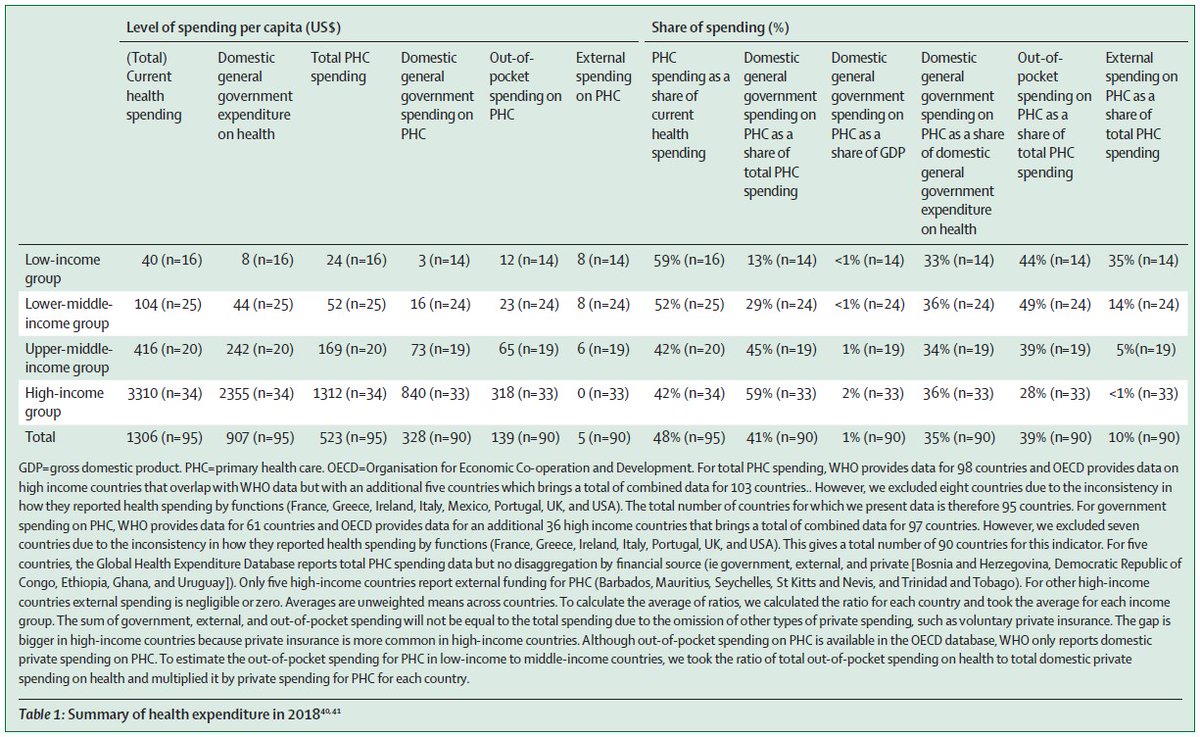NEW #GBDStudy: Scale-up of spending on #HIV/AIDS, #tuberculosis & #malaria, compared with improvements in health outcomes, suggests a nuanced relationship, & that such that increases in spending do not always results in improvements in outcomes
@IHME_UW hubs.ly/H0pQcyL0
@IHME_UW hubs.ly/H0pQcyL0
#GBDStudy Spotlight on #HIV/#AIDS: For all but one of 135 countries, HIV/AIDS spending per capita has increased since 2000; however, 73 countries had reductions in HIV/AIDS incidence, while 62 had increases in incidence hubs.ly/H0pRGr70 (1/3) 



#GBDStudy Spotlight on #Malaria: Malaria had most consistent decreases in outcomes across countries as spending has increased, with all but 3 of the remaining malaria endemic low-income & middle-income countries seeing reductions in malaria incidence hubs.ly/H0pRGr70 (2/3) 



#GBDStudy Spotlight on #Tuberculosis: Around 90% of 135 low-income and middle-income countries saw decreases in tuberculosis incidence between 2000 and 2017, though there was substantial variation in spending patterns over time hubs.ly/H0pRGr70 (3/3) 

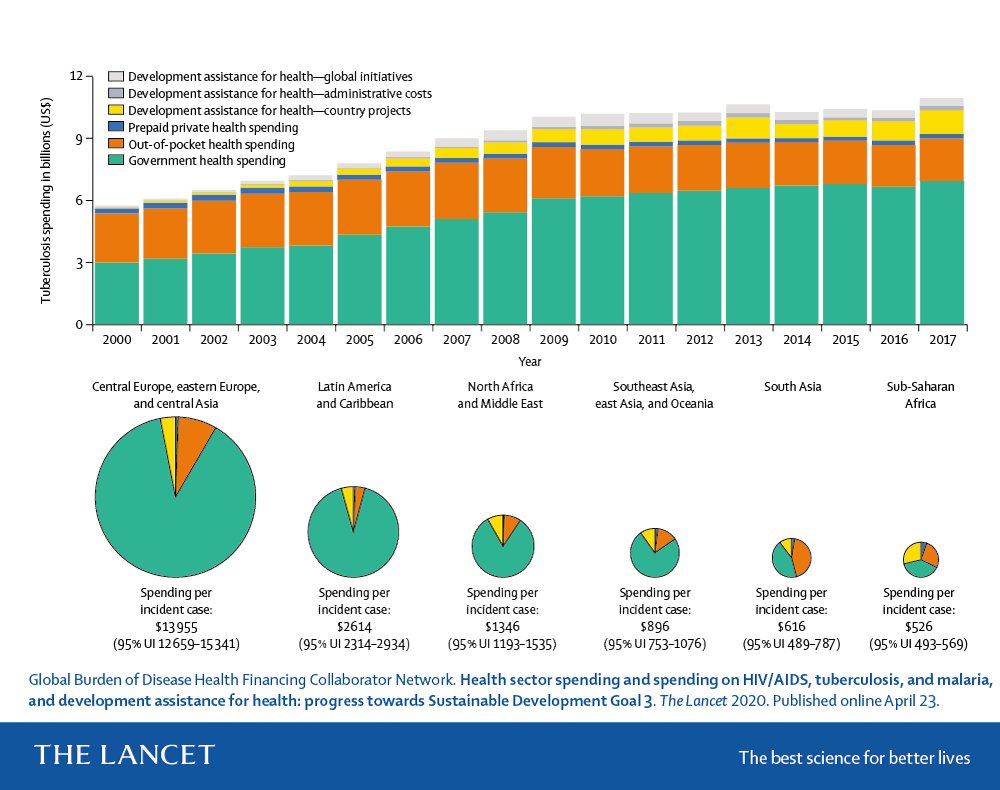

• • •
Missing some Tweet in this thread? You can try to
force a refresh



